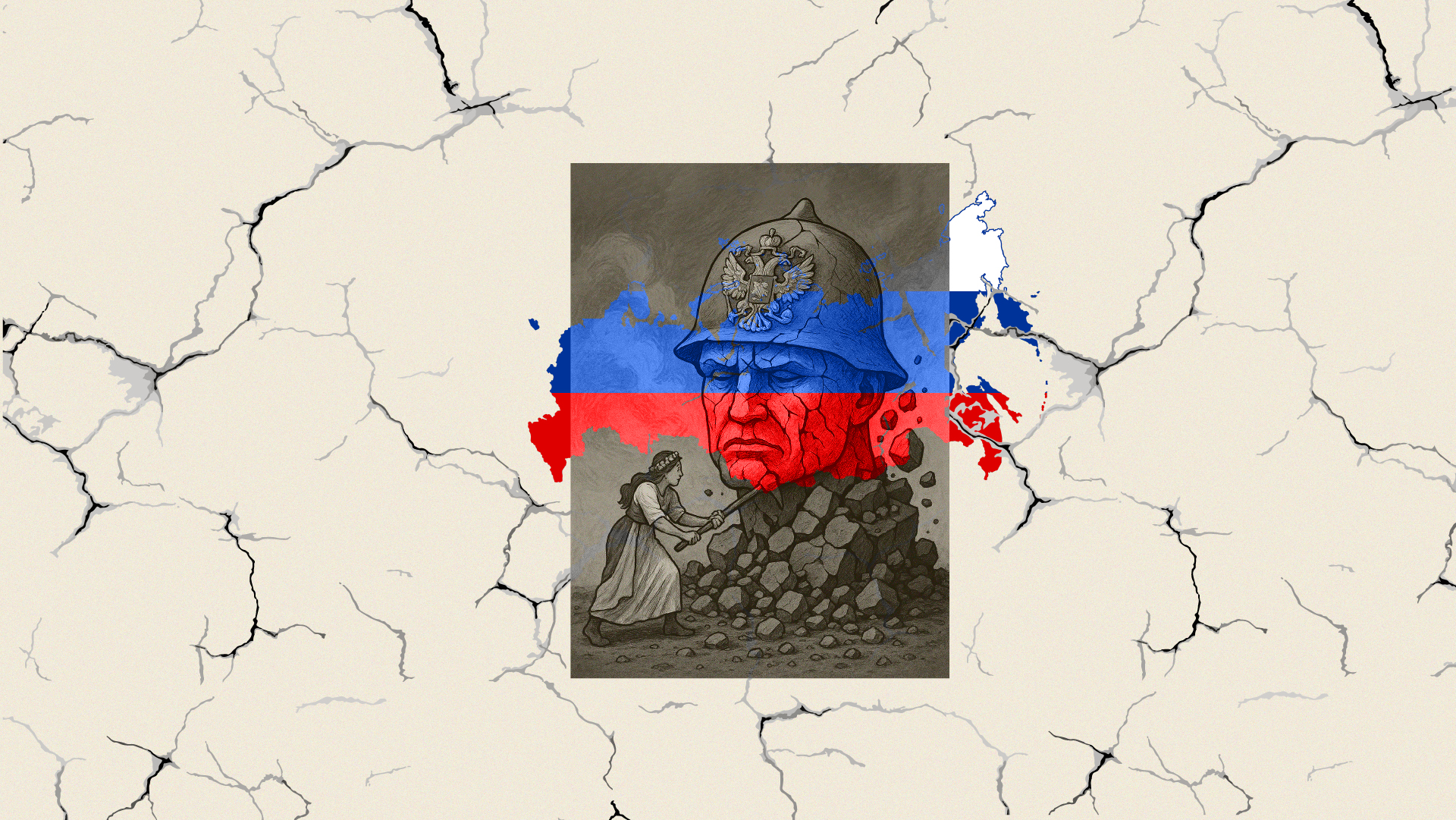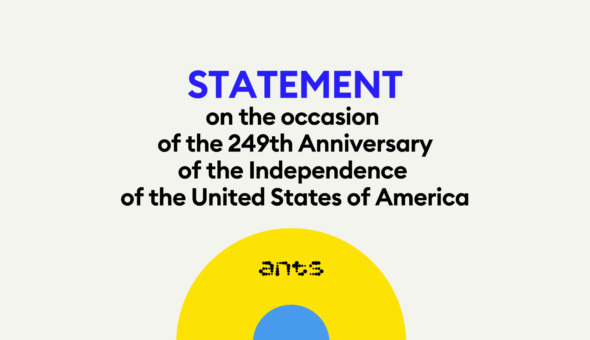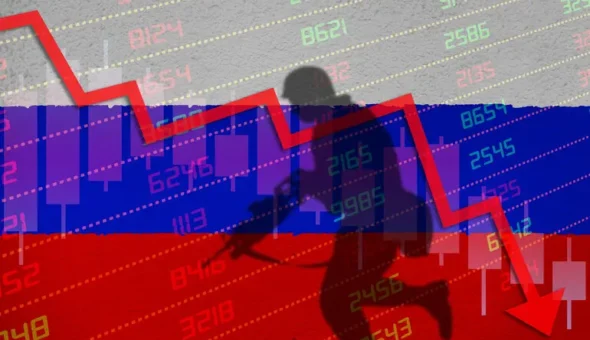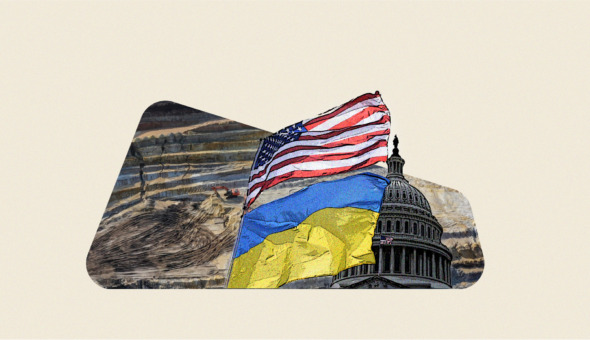
We are living in a historic moment when myths disappear faster than the Kremlin can broadcast them. One of those myths is that of an “all-powerful Russia” — allegedly equipped with limitless resources, military dominance, and economic resilience. But by 2025, even the most cautious analysts are forced to admit: Russia is weakening. And this weakness is not tactical — it is systemic.
The Russian economy, though still operating under wartime conditions, increasingly fails to resemble a machine capable of sustaining long-term aggression. Our analytical team at NGO “ANTS” continuously monitors the situation not only in Ukraine but also within Russia. And the picture is clear: the Russian economy is no longer merely slowing — it is entering a phase of genuine crisis, which no propaganda can disguise.
Let’s call a spade a spade. Russia is experiencing high inflation, attempts to curb which are causing only economic cooling, a shortage of technologies, the collapse of the coal industry, crises in metallurgy and the transportation market, stagnation of the extractive industry due to a decline in demand for energy resources. The manufacturing sector is staying afloat solely thanks to the military-industrial complex. The banking sector is under threat, as the volume of loans issued to companies whose solvency may significantly decrease reaches 20% of the capital of the banking industry. Construction and consumer sectors are expected to experience shocks in 2025: the range of sales volume declines may be 19%–35%, an increase in construction costs with a decrease in real estate prices in some construction companies will lead to losses.
Financiers confirm: the Russian government is injecting billions into the economy to cover war expenses and support certain economic sectors, to maintain artificial “growth,” but resources are becoming increasingly scarce. For every ruble of mobilization — several rubles of loss. The latest analytical digests of the ANTS NGO for February-March 2025 confirm: the Russian economy is quite sharply entering a phase of cooling, while having long-standing structural problems. The key interest rate of the Central Bank of the Russian Federation remains at 21%, which demonstrates an attempt to contain inflation, which has already exceeded 10% in annual terms, and this is an official figure that smooths out the real price increase. Business reports indicate a decline in company profitability: in 2024, the total profit of Russian enterprises decreased by 15% taking inflation into account. In particular, record losses are observed in the trade, energy, and financial sectors.
A 30% drop in freight volumes signals a reduction in production and trade. Almost half of small and medium-sized businesses are already recording a decline in sales. At the same time, the number of new vacancies is decreasing, and over 40% of companies plan to lay off employees during the year.
Russians themselves are already facing unemployment, because after a long period of labor shortages, many companies in crisis industries are starting to incur losses and have found themselves on the verge of bankruptcy. The population of Russia is dissatisfied and depressed, with rising living costs and loss of prospects. And it is in this, not in the number of tanks, that lies the main weakness of the aggressor.
The energy sector is also under threat. Due to sanctions and the lack of imported equipment, Russia is forced to cancel projects for the modernization of power plants, acknowledging the impossibility of meeting the demand for electricity in the medium and long term.
So why do certain politicians continue to act cautiously with Russia? Why do some elites still believe in the danger of escalation with an “unpredictable giant”? Obviously, even the collapse and downfall of this country lay the groundwork for undesirable and unpredictable scenarios of its further radicalization and the existence of the entire state or its separate parts in the form of a besieged fortress with nuclear weapons, a fanatical and poor population without prospects.
But this does not mean that the only winning strategy is to save this country, vainly trying to “pull it away from China,” or to appease the dictatorial regime.
Political and economic pressure, sanctions, the search for prospects for changing the ruling regime, a controlled process of regional sovereignty, proactive defense policy regarding military and hybrid threats from its side — this is the relevant strategy concerning this country. Instead of reactive caution — proactivity. Instead of fear — sober analysis. Instead of concessions — a clear vision of victory.
A weakened power can be neutralized systematically — not through illusions of dialogue, but through united democracies and firm rules of the game. Today, as the Kremlin exhausts its resources and public trust crumbles, it is time to intensify diplomatic, economic, and communication pressure.



